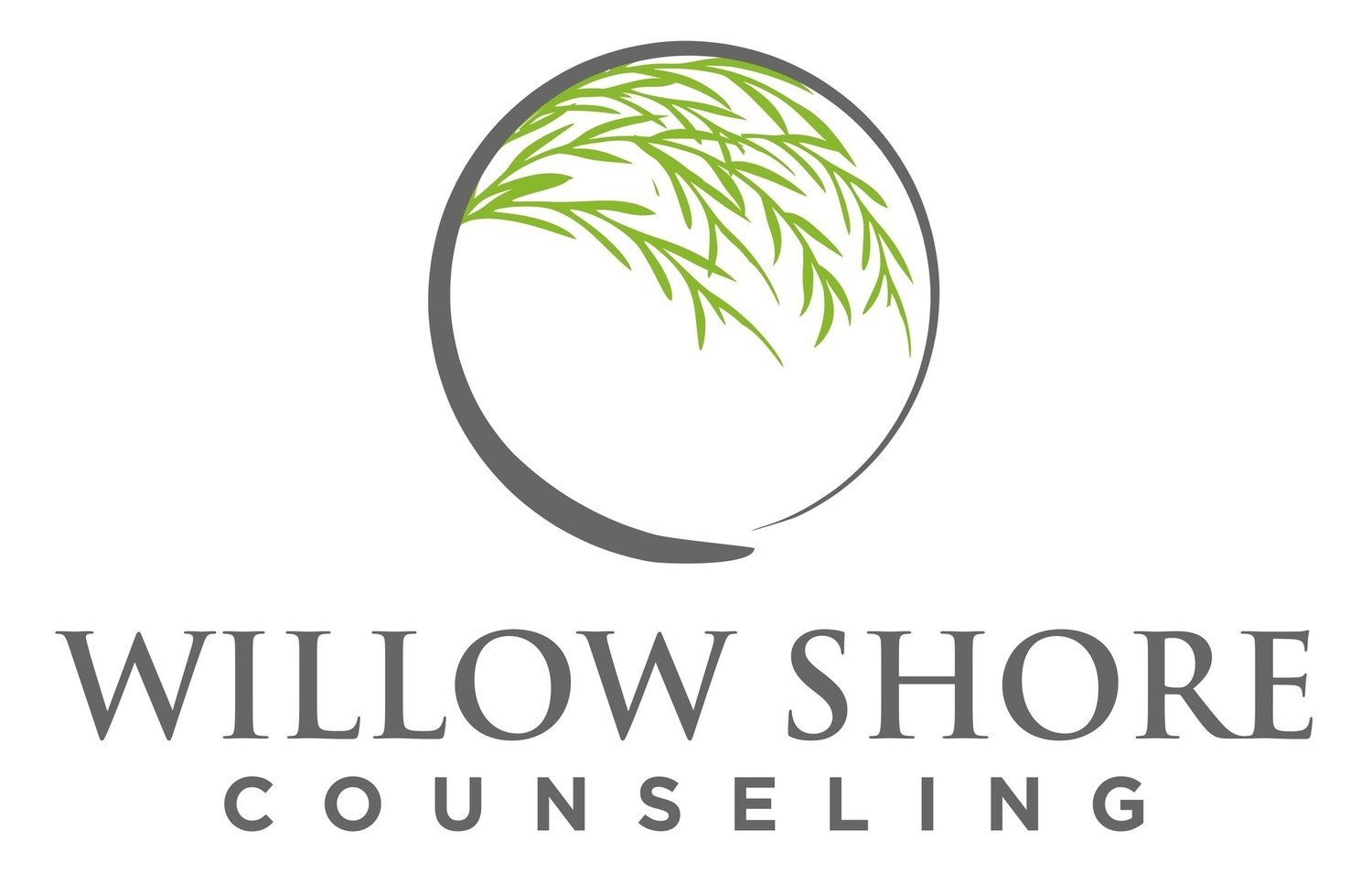Navigating Faith Transitions
Living in Utah, faith related concerns or faith transitions comes up more frequently in therapy. Some people weren’t ever sure if they ever believed, others found out things along the way that made them question if the church they attended was the right fit for them. Others found a high-demand religion too much for their own perfectionism. Regardless of the reason, leaving organized religion can bring up a lot of feelings for the person, along with a lot of conflict in their family. It isn’t an easy process.
Acknowledging the Complexity of Faith Transitions
First of all, I want to acknowledge that these tips aren't grounded in any one specific theory or treatment protocol. These are tips some of my clients that are considering leaving, or have left, organized religion have found helpful in their own personal journey. Oftentimes, my clients feel lost at sea when they first leave a religion that no longer fits for who they are now but it's all they have known in their life, or in their family’s lives.
You need to give space to feel all your feelings. Leaving religion isn’t just a logical experience. It is fraught with lots of emotions too. Some of my clients have found it helpful to relate it to the Stages of Grief model. There is often anger, grief, sadness, guilt, and confusion that comes with it. It is important that you give voice to all the various things you feel, while also allowing yourself to move through them. Getting stuck in one feeling means you still have work to do.
Identify your values now versus how they were in the past. There can be many good values that develop in organized religion. It is important to tease out the things you still value, and the things that no longer serve you. Create a list of values that you want to keep, ones you want to explore and ones you want to let go of.
Create new rituals or practices in your life. There is often a loss of formalized connection to something deeper within you or something bigger beyond you when you walk away from religion. It can be useful to find new ways to connect, or new rituals that you enjoy. This could be meditation, journaling, spending time in nature, Sunday brunch at new places each week. Go Explore!
Be prepared for things to initially feel confusing or messy. Religion often gives you a laid out path of what to do or not do in order to “be good.” So, you need to try new things to figure out what works of you, and what helps you to feel your best. Be prepared to make mistakes along the way and let life unfold to help you figure it out. Get messy! The path will become clearer over time.
Find new ways to connect with others in your life. One of the biggest things my clients struggle with is feeling a loss of community that attending church gave them. Find new ways to build connections. This could be connecting to others with similar hobbies, interests or sports. We all need community, it may just look a little different.
Seek Support and Guidance
There is no right or wrong way to do this. Finding someone you trust to help you with this journey can be so helpful. Faith transition counseling can be a good place to do the work. Ask potential therapists what their experience has been in helping people navigate faith-related concerns. Check to see if they are able to hold space for how their own beliefs might be different than yours. Talk to others that have gone through it to see what helped them. You don’t have to struggle with this alone.

